Mozambique: About 3.4M children need aid - Unicef
Mozambique: Violence causing irreparable damage to human rights – Commission
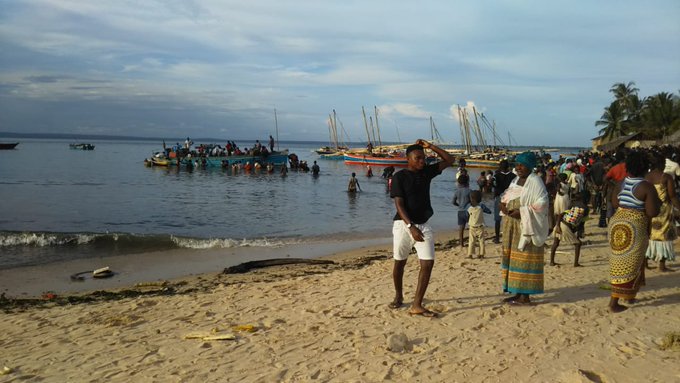
FILE-Displaced people arrive in Pemba. [File photo: Pinnacle News]
The president of Mozambique’s National Human Rights Commission (CNDH), Luis Bitone, said that the continuing armed violence in northern Mozambique is causing irreparable damage to human rights in the country.
“The extension of the situation brings irreparable damage to the issue of human rights in Mozambique,” Bitone said in an interview with Lusa.
The CNDH is an independent state institution, composed of commissioners appointed by the government, parliament, and civil society entities.
Luís Bitone said that the violence in Cabo Delgado province has resulted in deaths, mass displacement of populations, refugees, destruction of houses and loss of fundamental rights of children, such as the right to education and further violence will only aggravate the state of human rights in the areas affected by the conflict, he added.
On the other hand, the conditions of detention of persons accused of involvement with armed groups who are carrying out attacks in the districts of Cabo Delgado province are also deplorable.
Luis Bitone told Lusa it was difficult for the Mozambican government to resolve the conflict in Cabo Delgado because there is a lack of clarity regarding the moral perpetrators of the attacks.
Without identifying the mentors of the violence and its purposes, the authorities have no interlocutor and face difficulties in controlling the situation.
“There are detainees in the middle of this process, but these detainees end up convicted without very certain information about the principals,” he said.
Luís Bitone compared the violence in Cabo Delgado province with the attacks in the provinces of Sofala and Manica, in the centre of the country, pointing out that in this region the conflict is related to the difficulties in implementing the peace agreement between the government and the Mozambican National Resistance (Renamo).
In the centre, more than twenty people have lost their lives because of attacks attributed to the self-styled Renamo Military Junta, a guerrilla dissidence of the main opposition party that challenges the peace agreement and the organisation’s leadership.
The president of the CNDH said that the assessment of the extent of human rights abuses in Cabo Delgado is facing difficulties due to the worsening insecurity in the region.
“We interrupt our trips to Cabo Delgado until the situation is normalised. The last time we went there was in November last year, after that the situation got complicated and we had no way to go again,” said Luís Bitone.
The CNDH is following the situation in Cabo Delgado from afar, hoping to send commissioners to the field as soon as the situation is calm.
The attacks in Cabo Delgado, classified as a terrorist threat, have killed at least 500 people in the last two and a half years.
The Mozambican authorities reported 162,000 people affected by armed violence in that province.
The armed actions have already been claimed by the Islamic State and, in a recent video, an alleged leader of one of the groups that assaulted a district headquarters in Cabo Delgado defended the application of Islamic law in the territory.


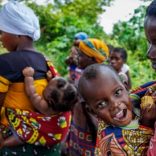
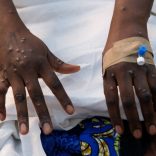
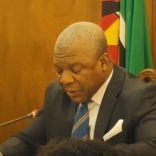

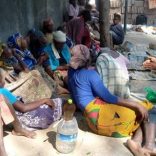
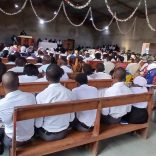




Leave a Reply
Be the First to Comment!
You must be logged in to post a comment.
You must be logged in to post a comment.